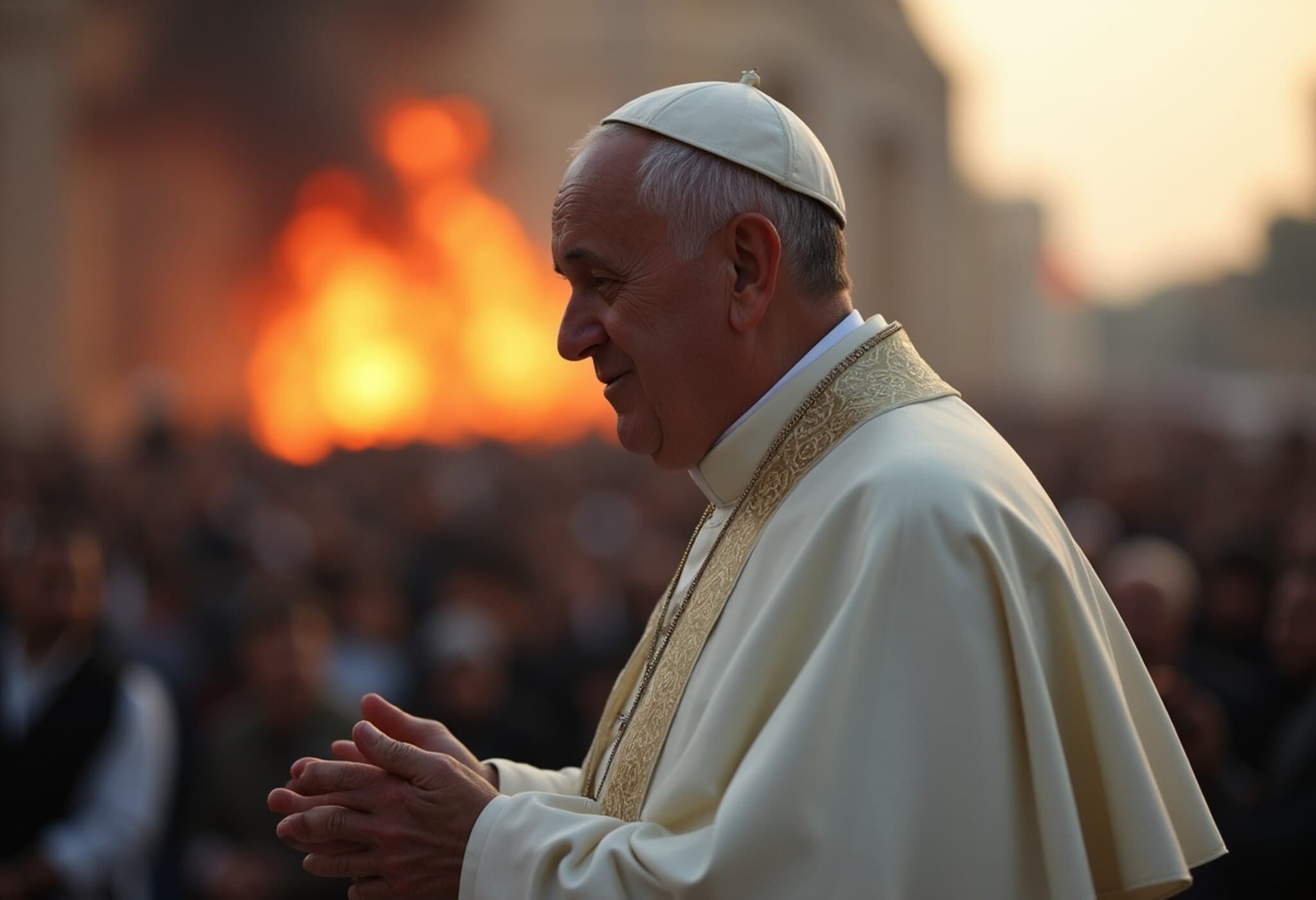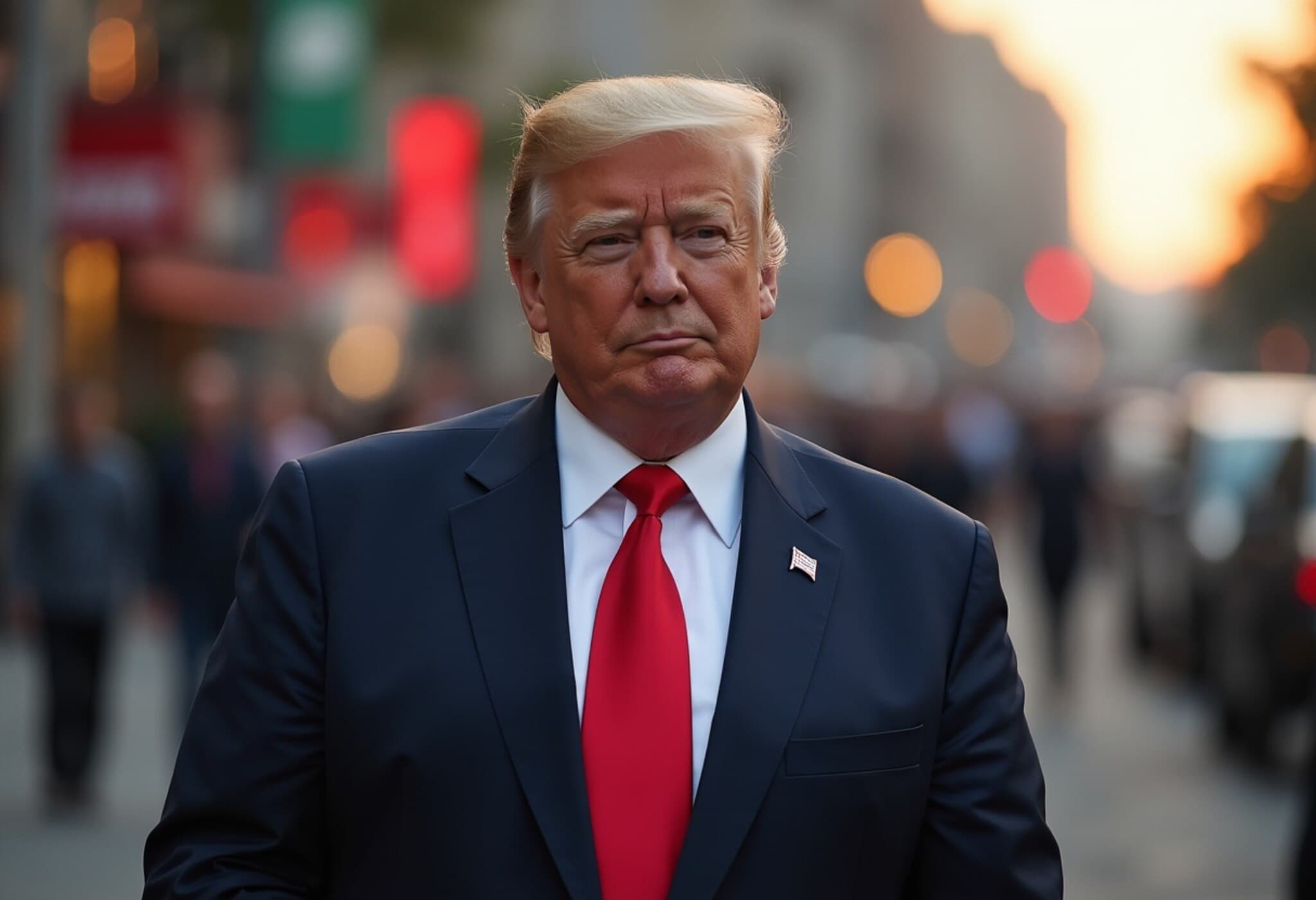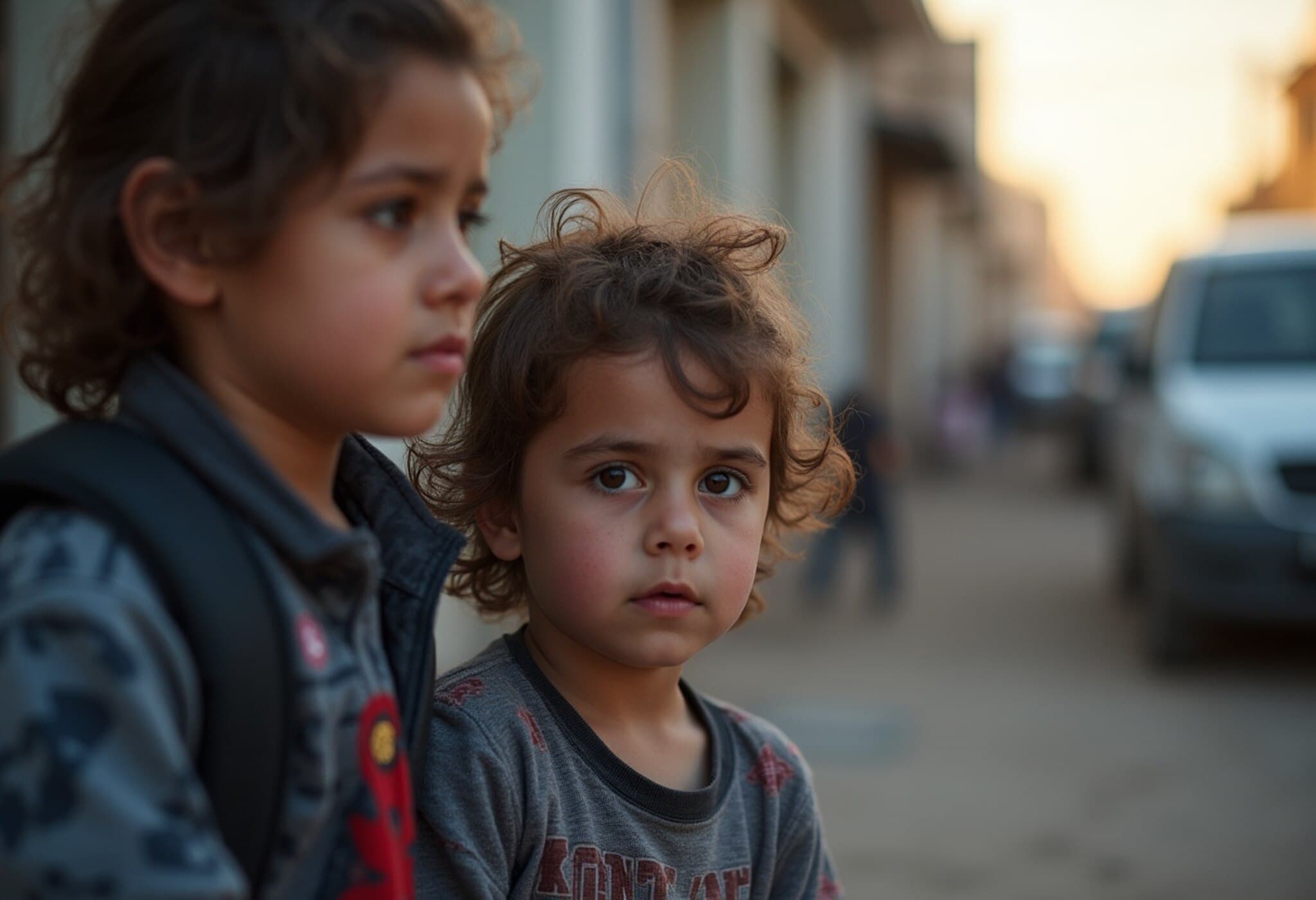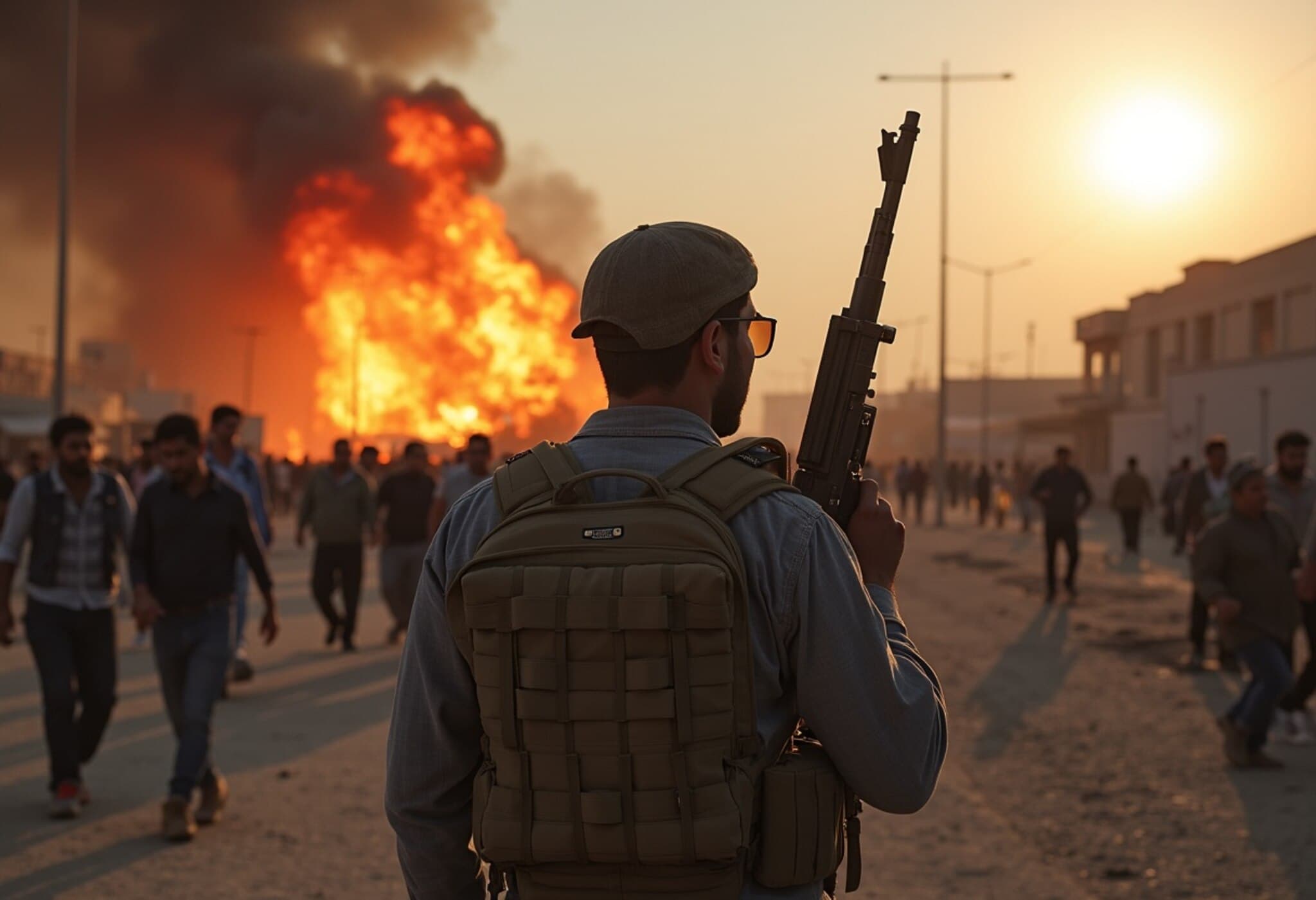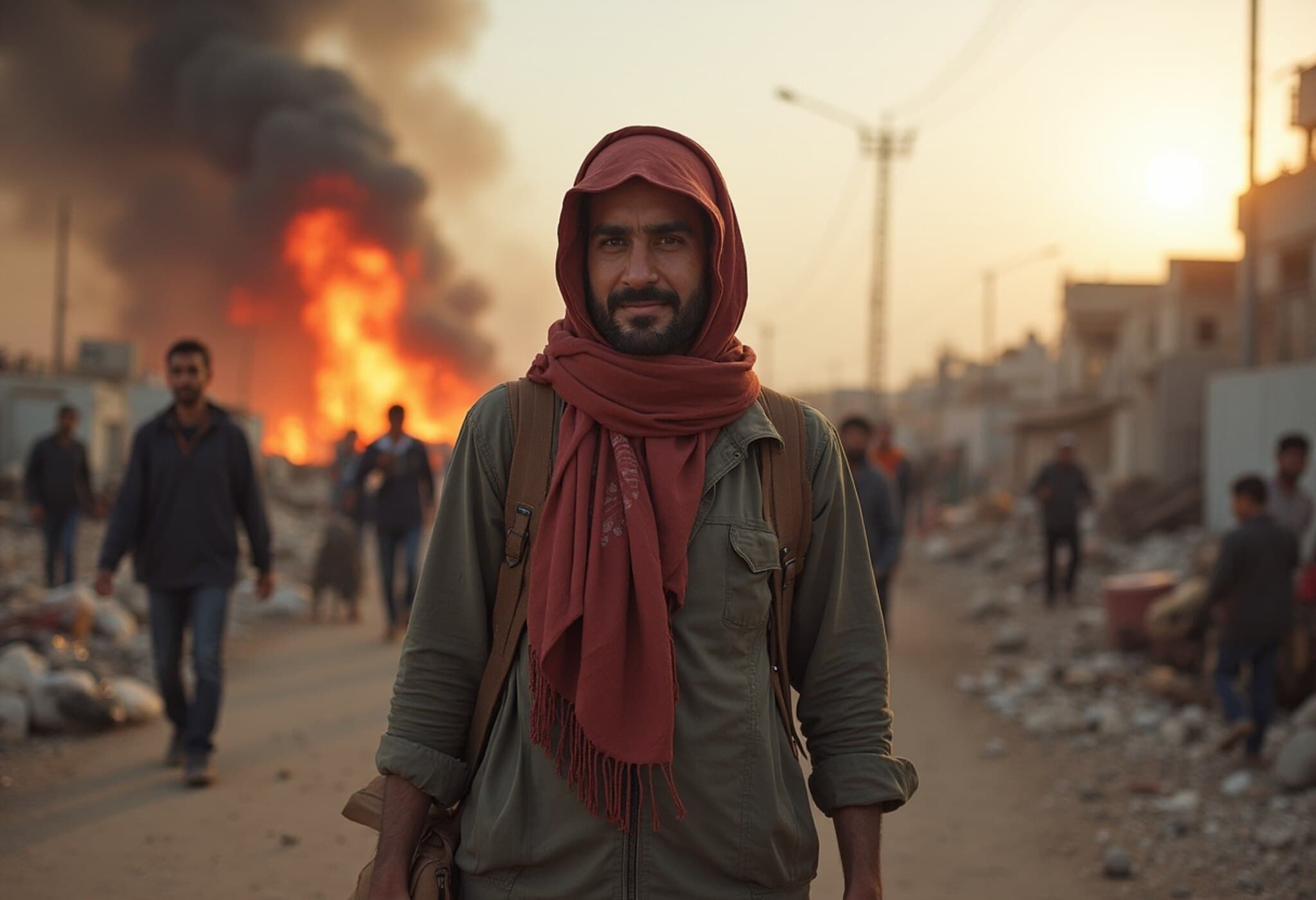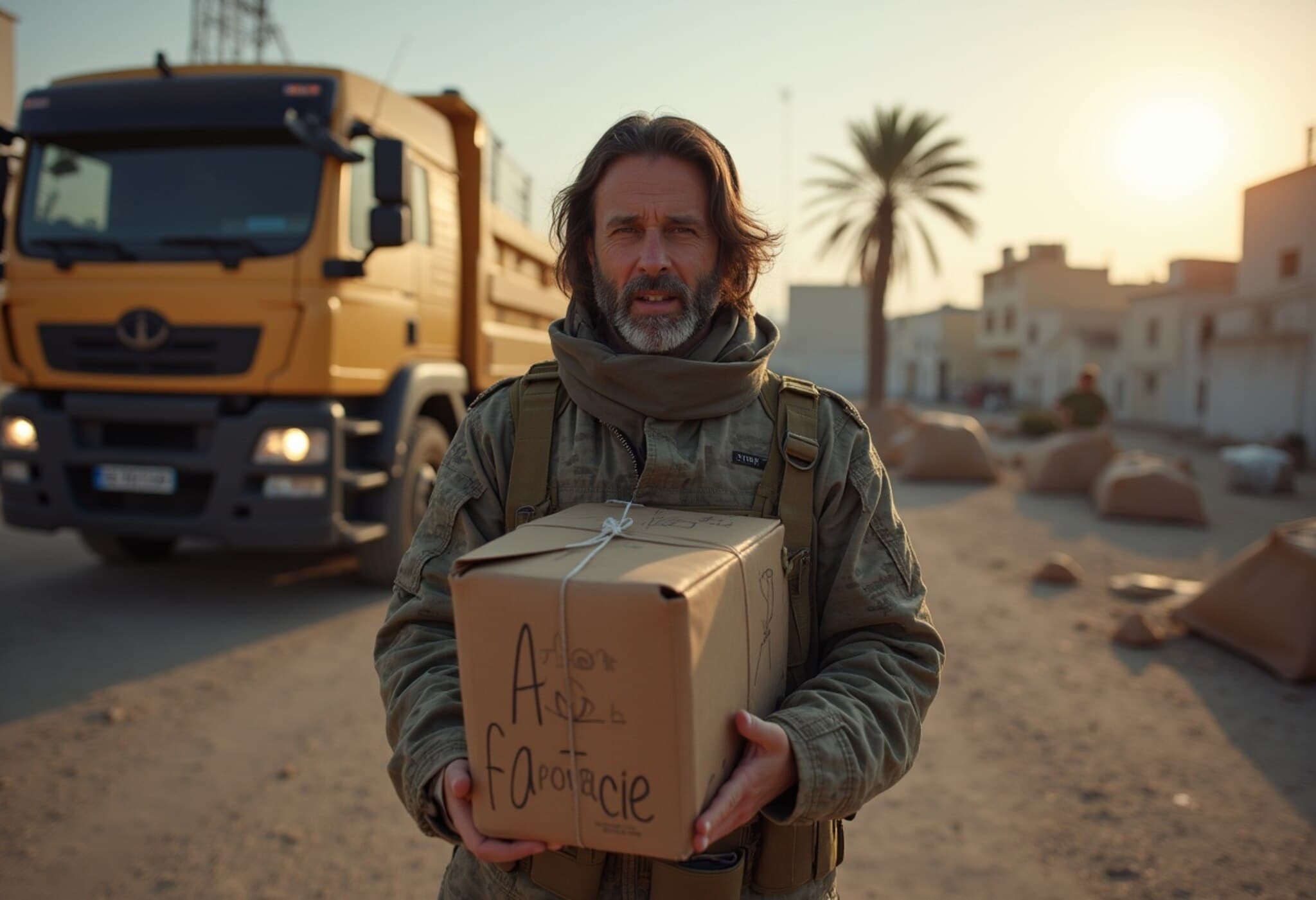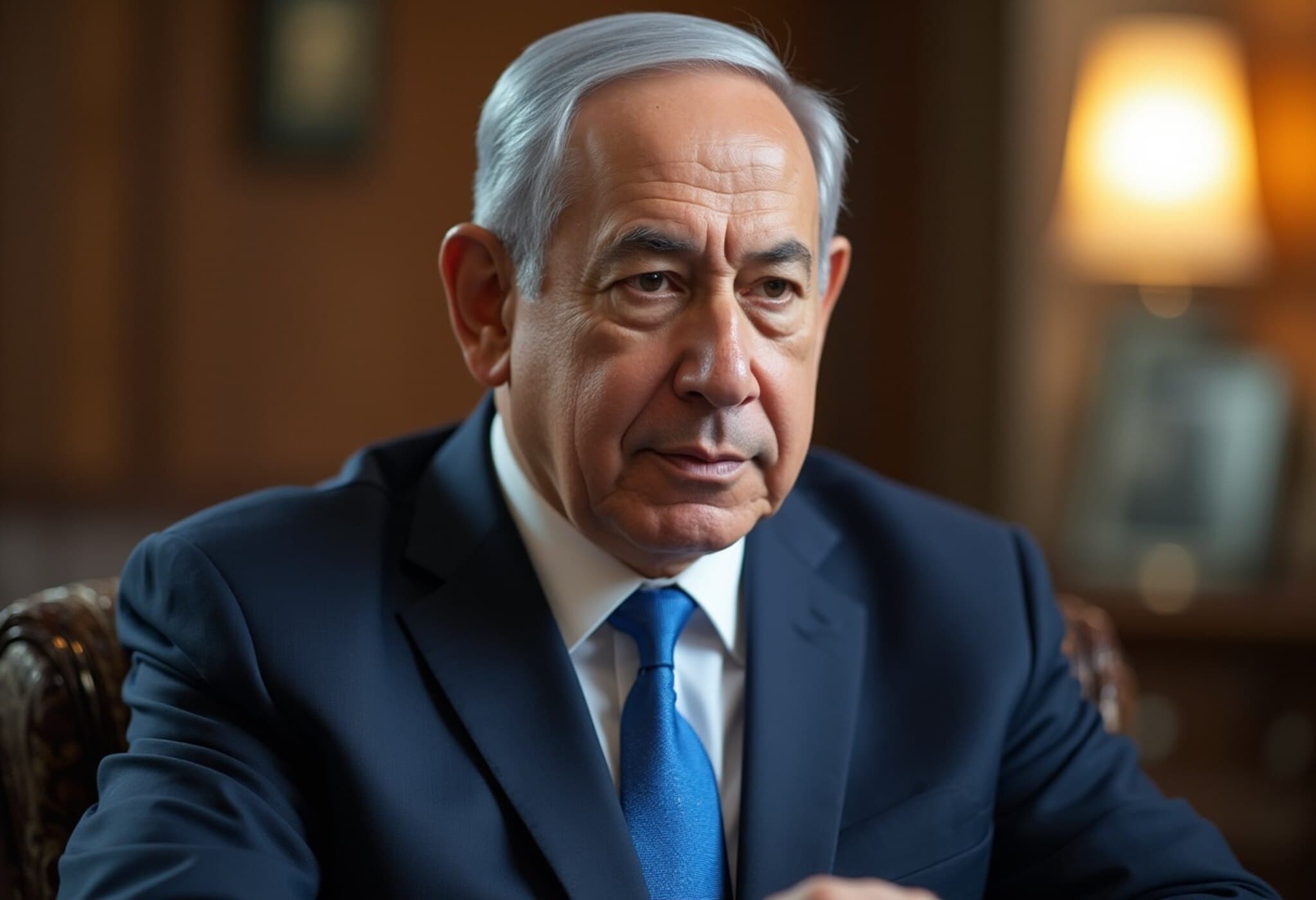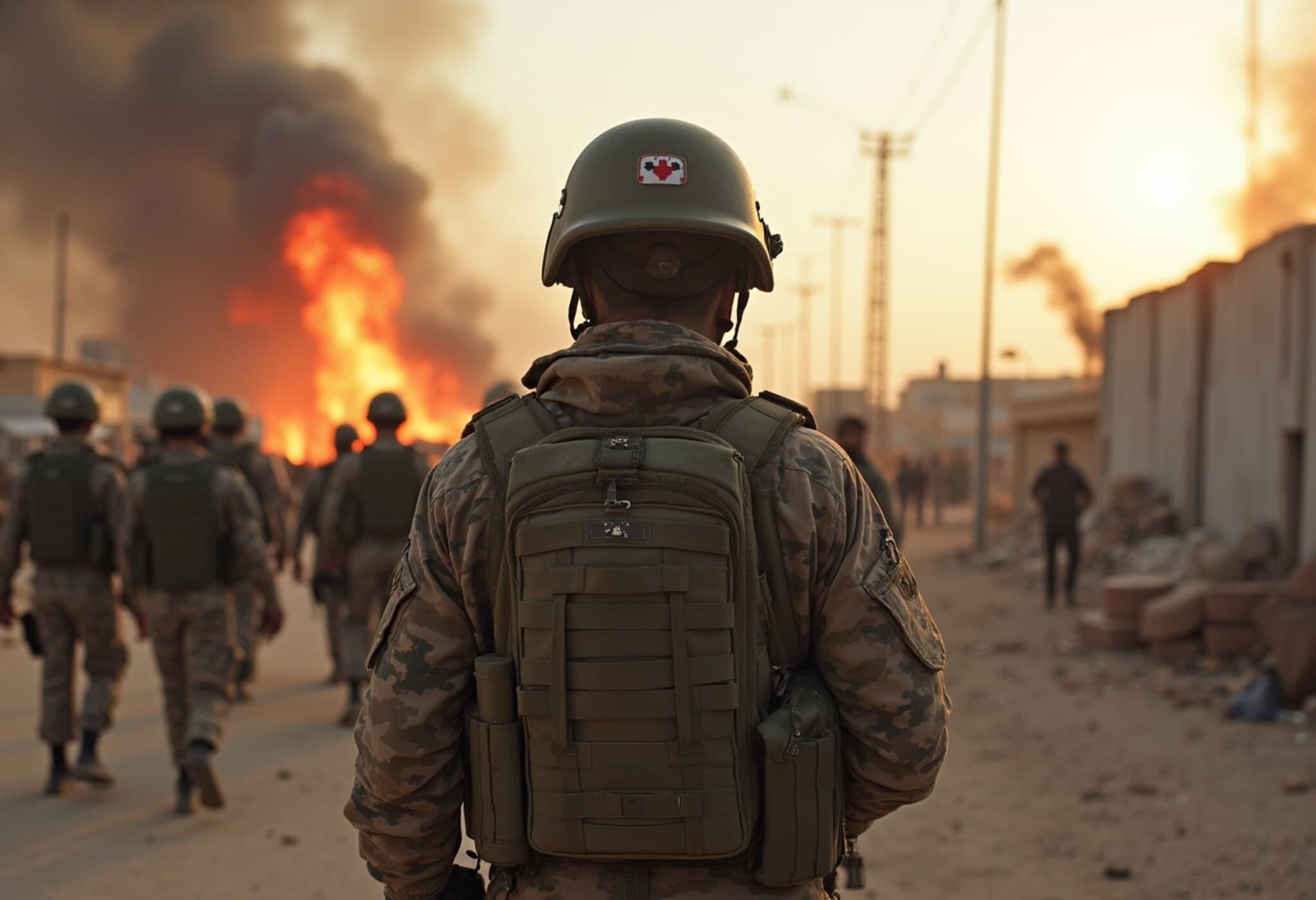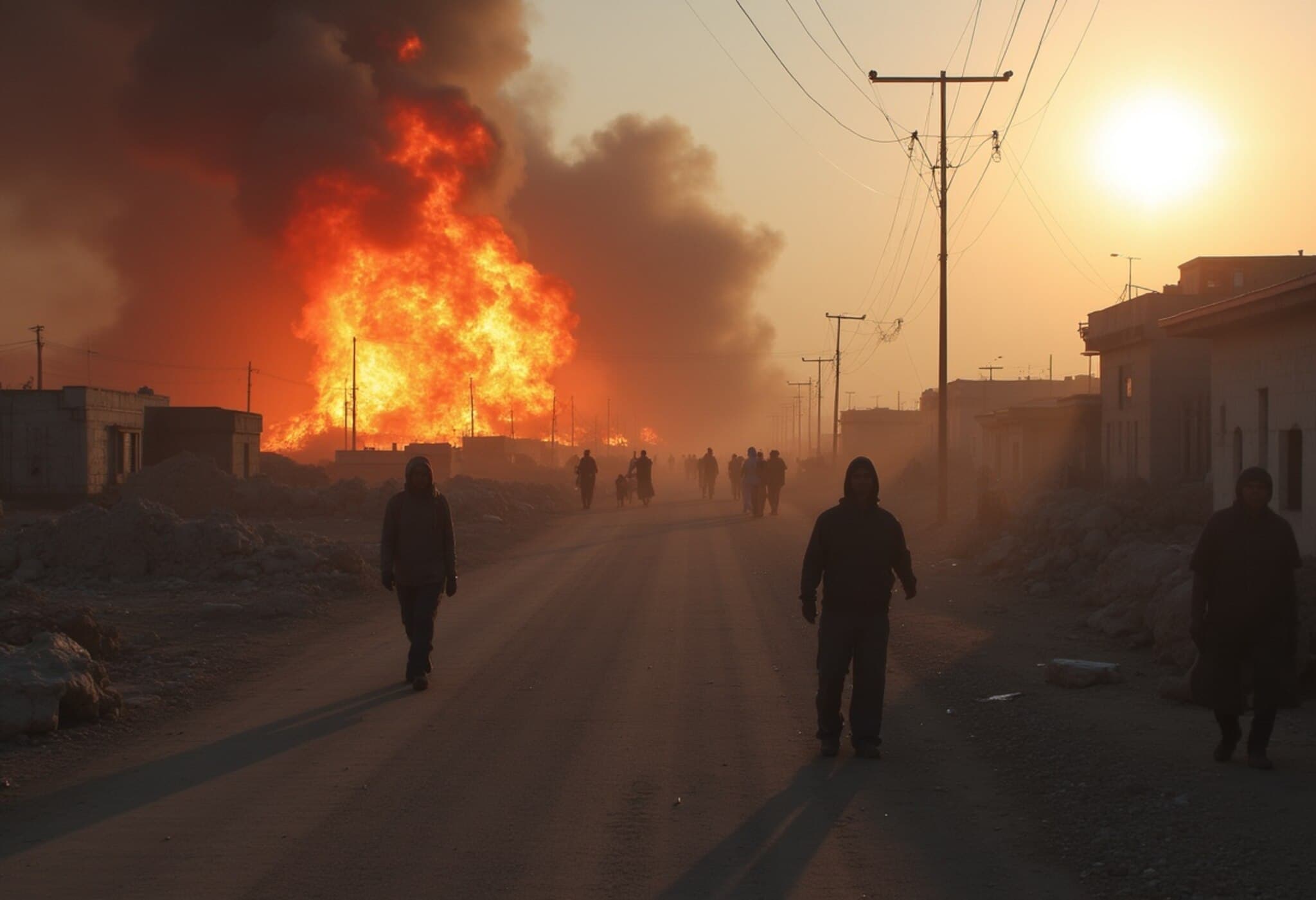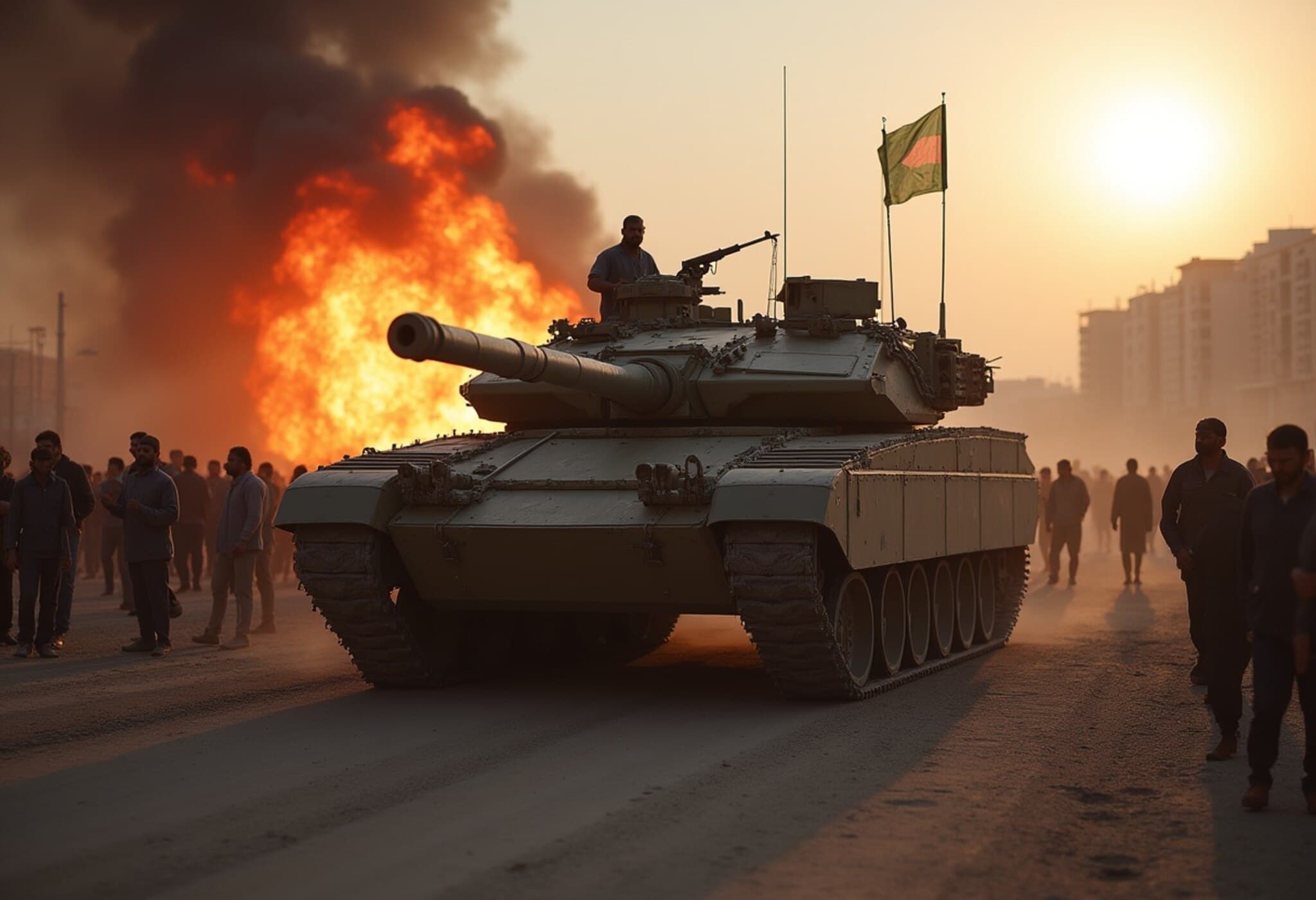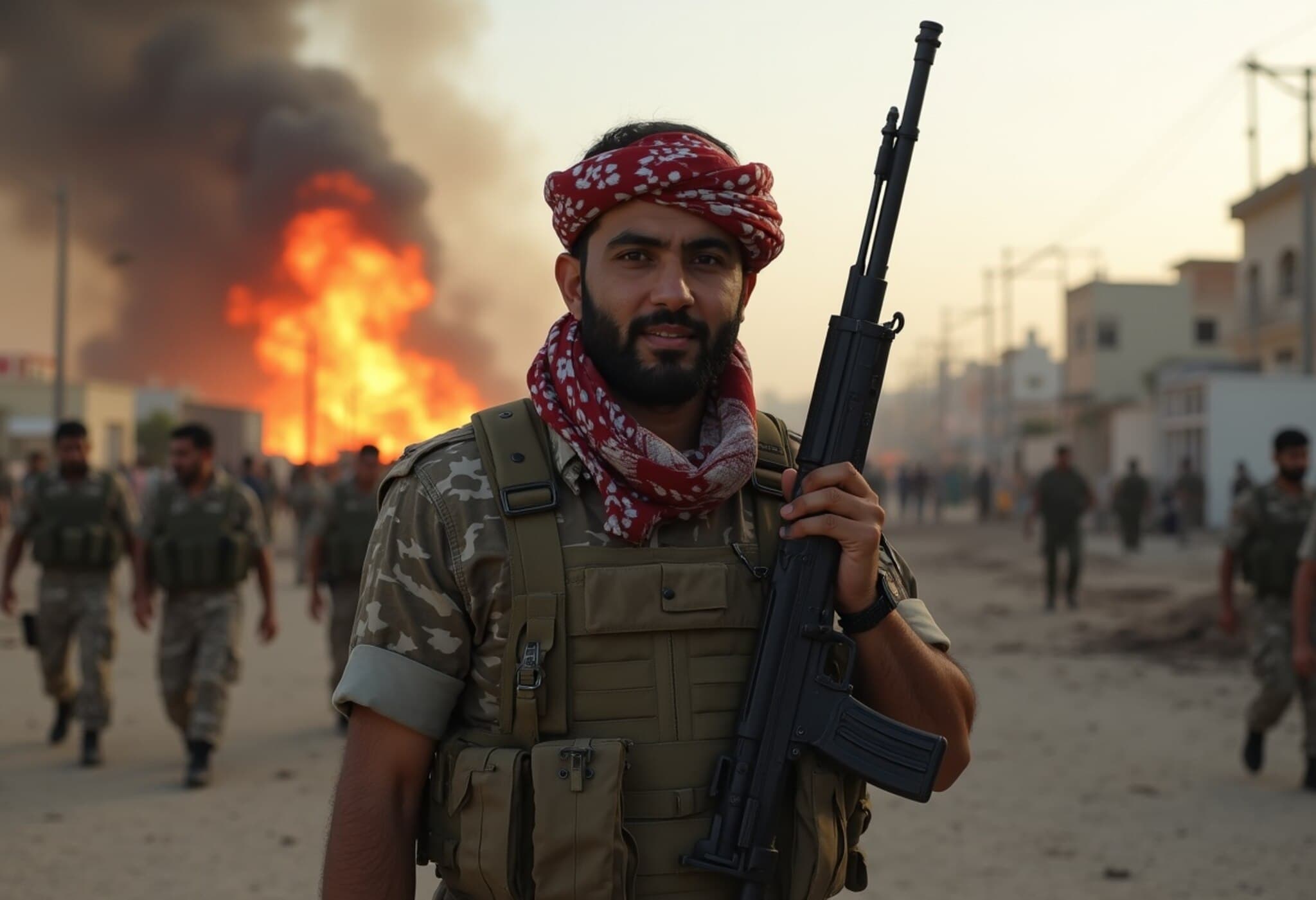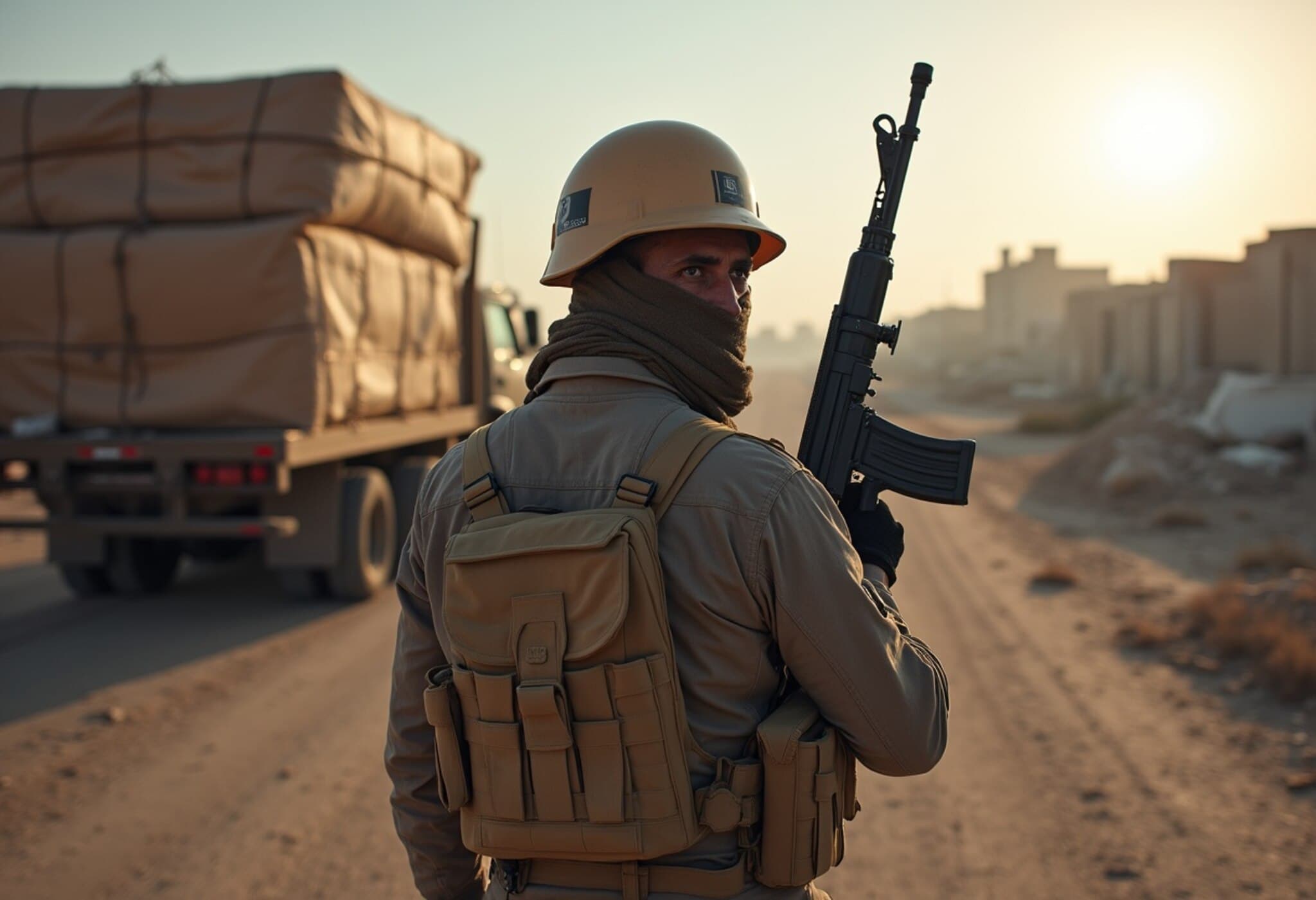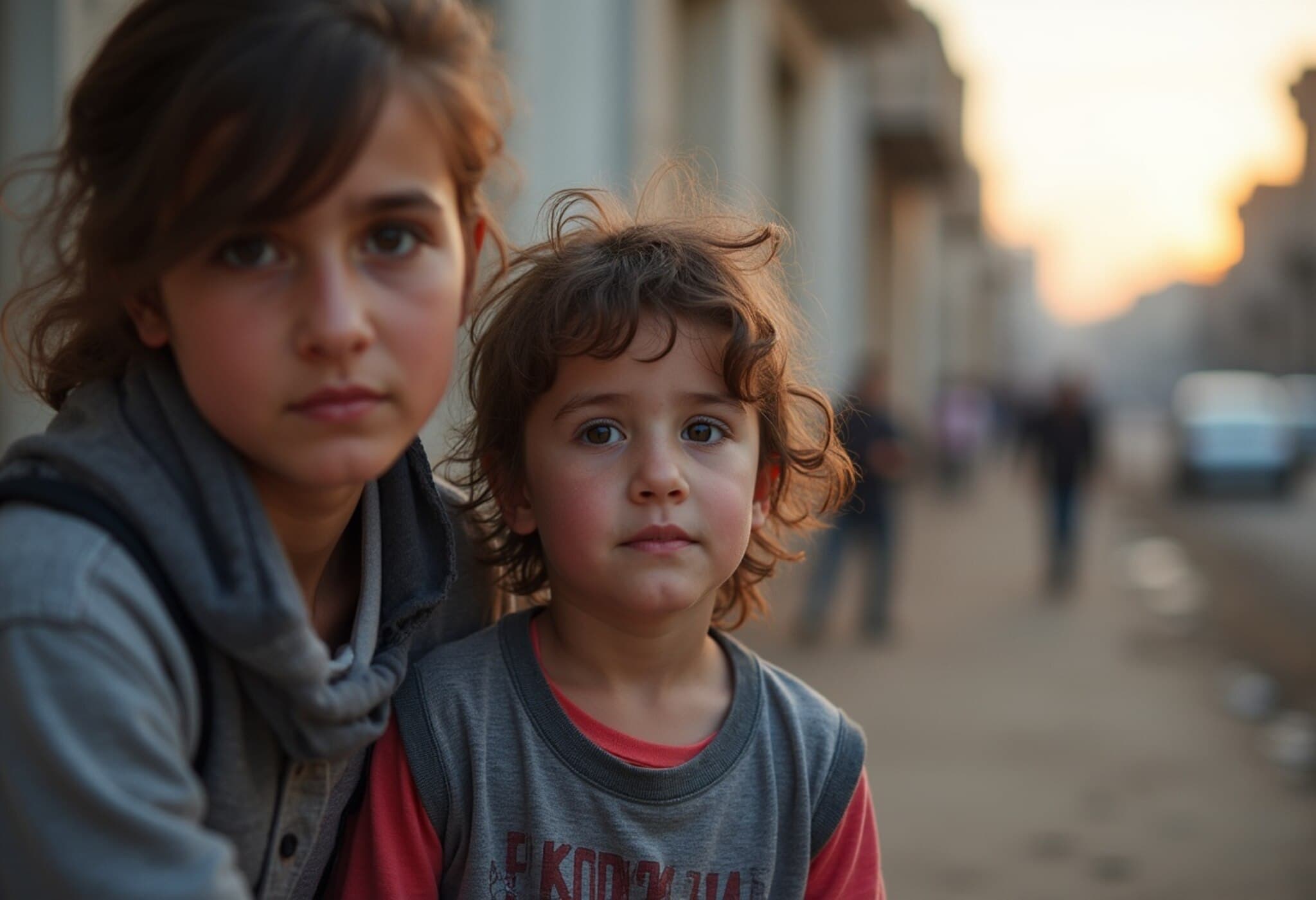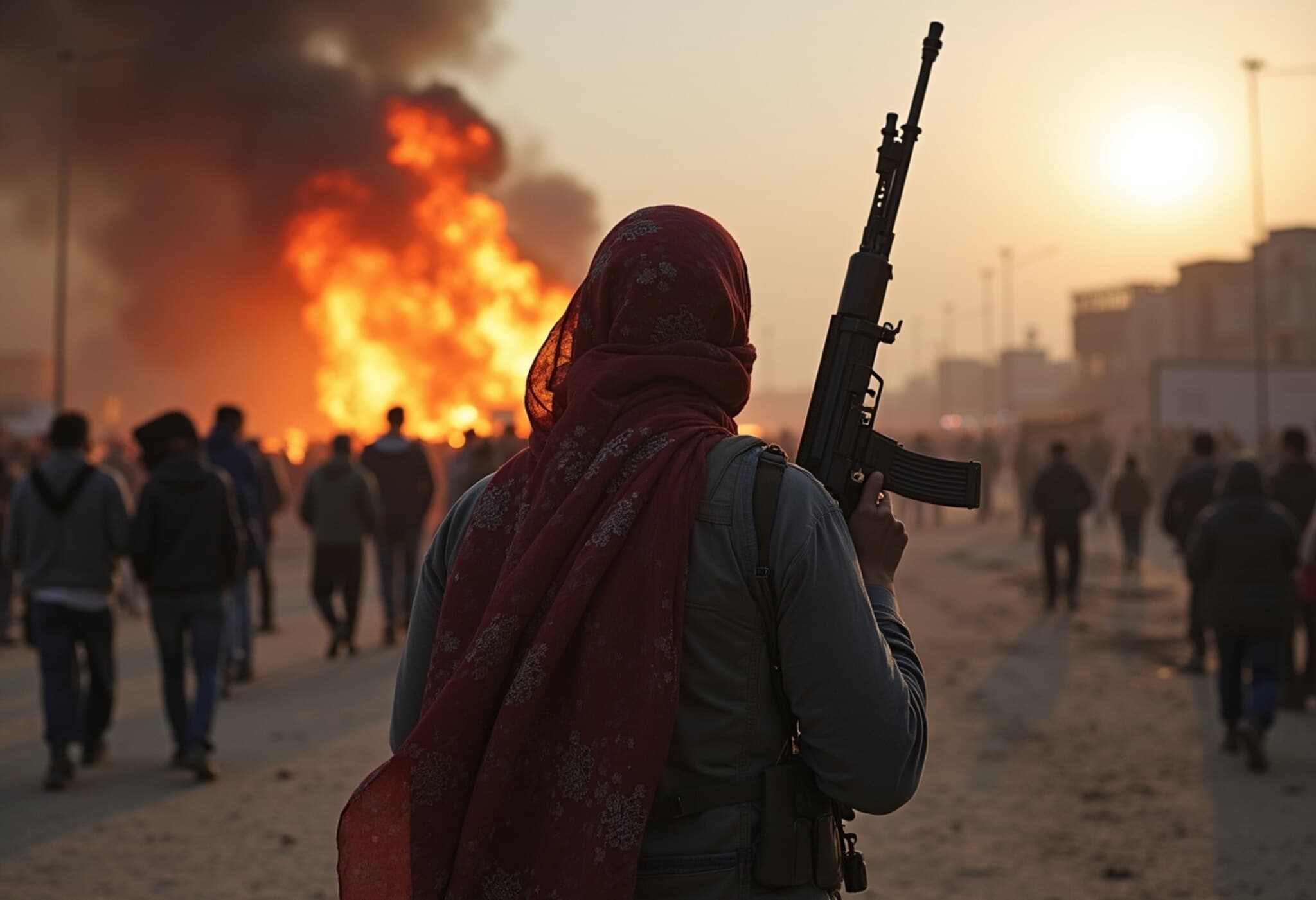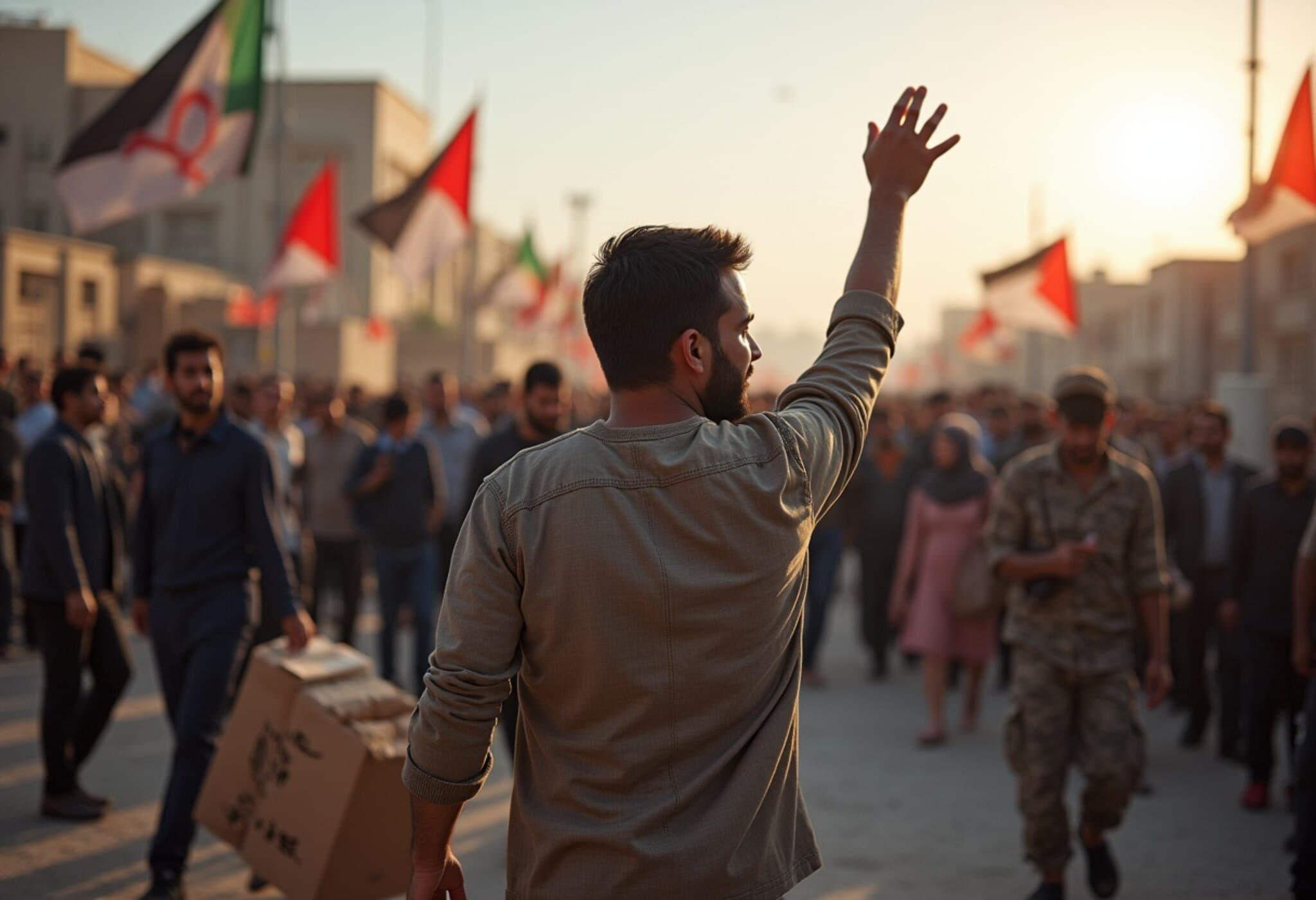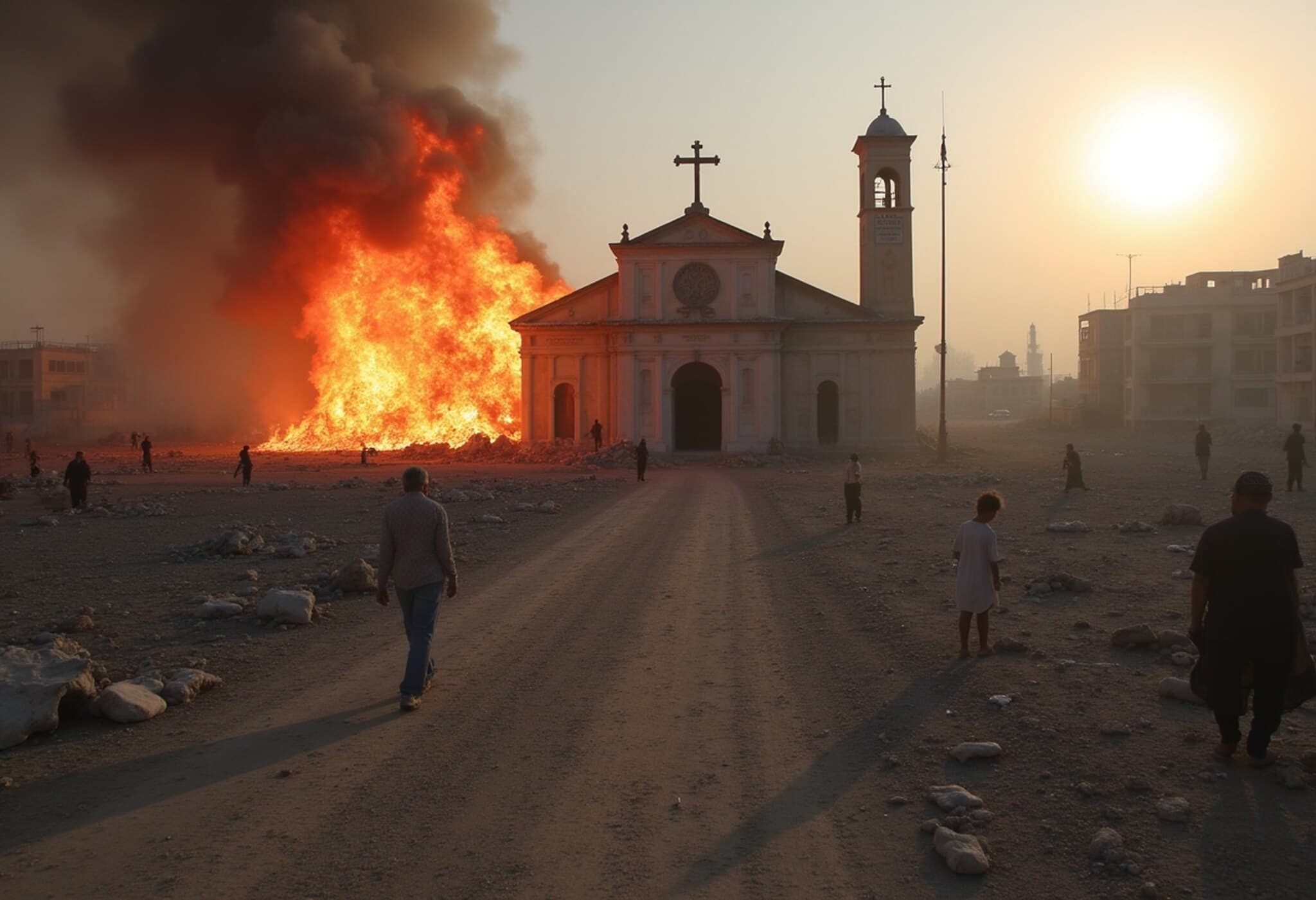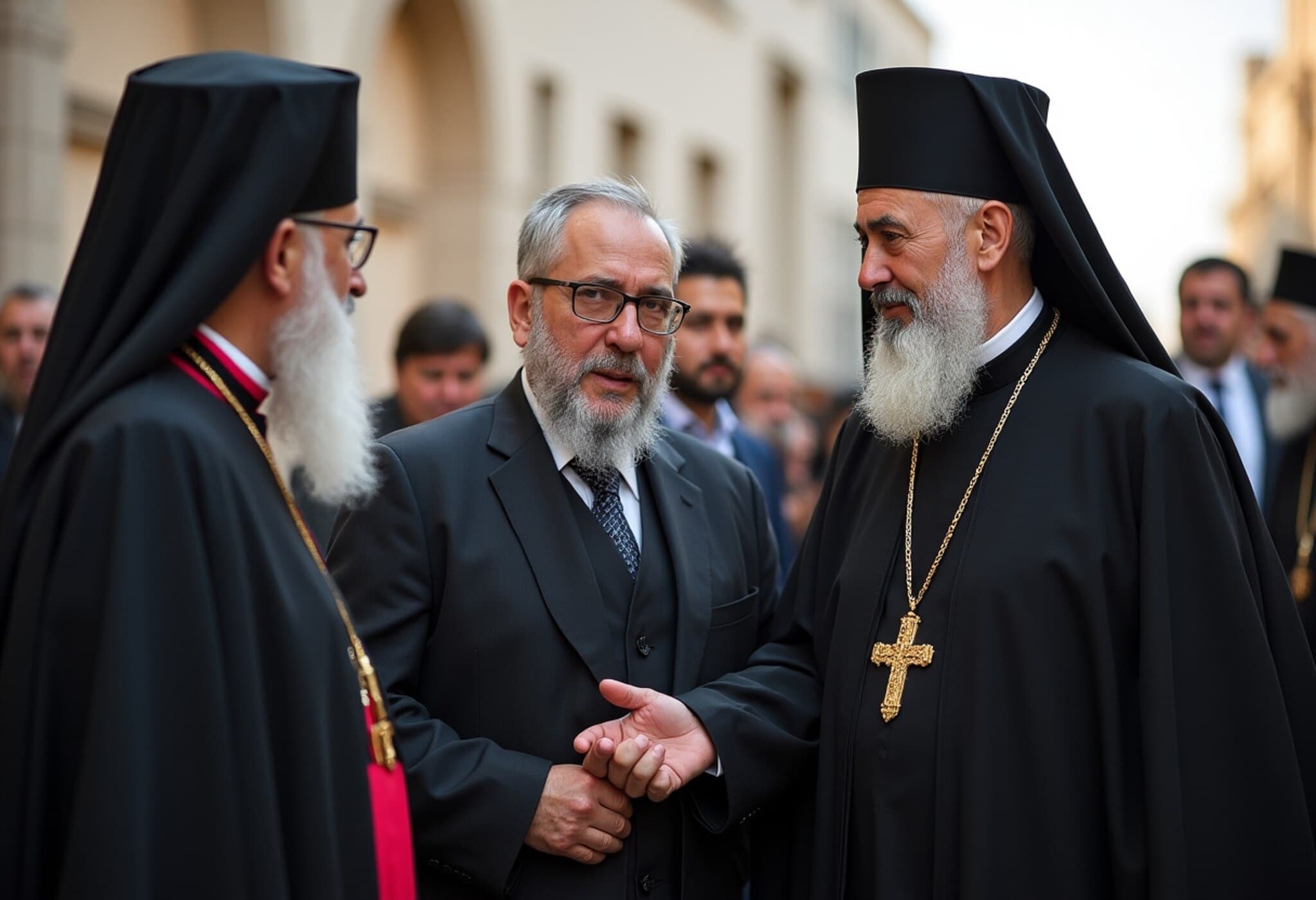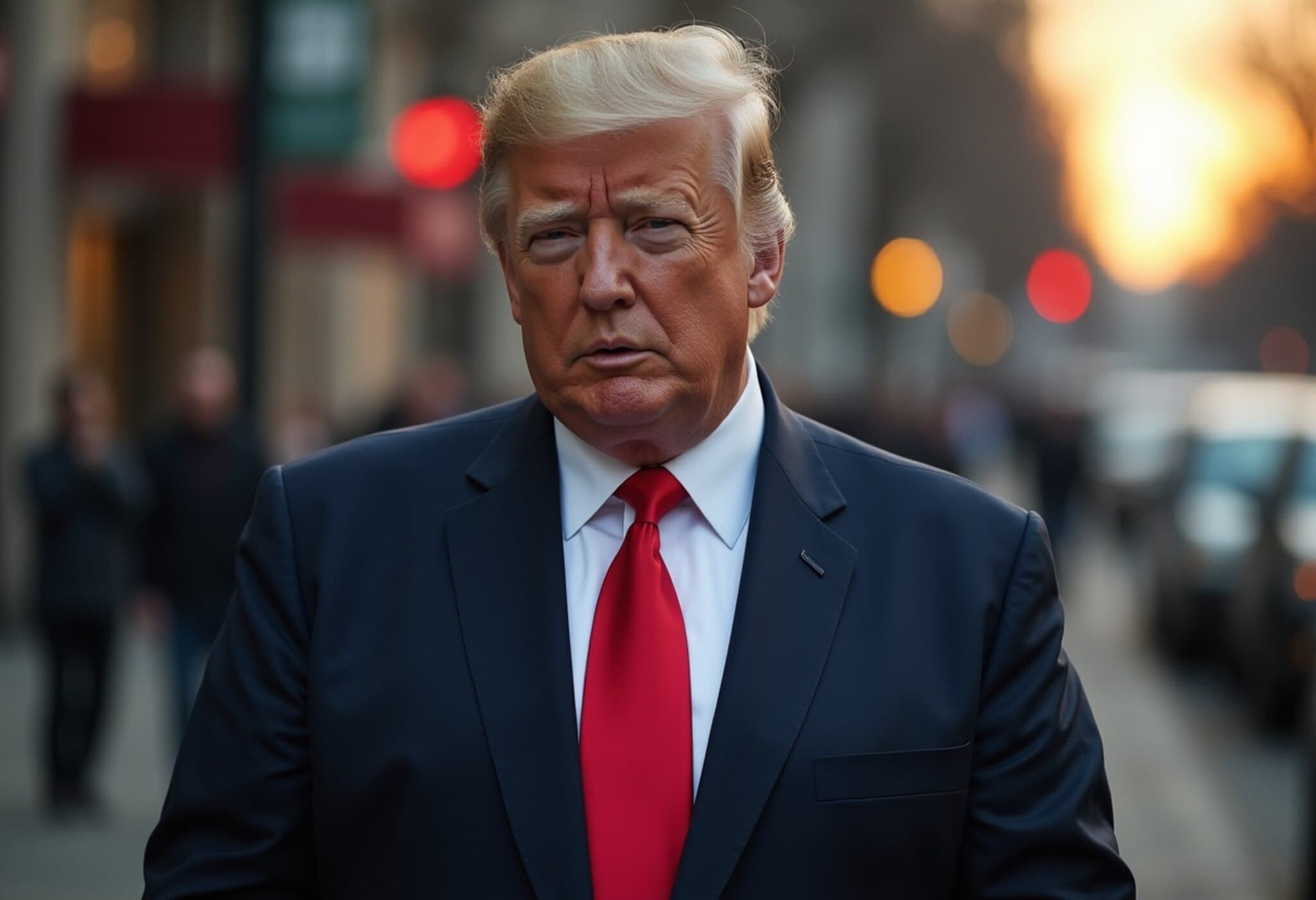Tragedy Strikes Gaza's Sole Catholic Church Amid Ongoing Conflict
In a somber development amidst the relentless Israel-Gaza conflict, Pope Leo has voiced deep sorrow following an Israeli military strike that hit Gaza’s only Catholic Church, resulting in the deaths of two individuals. The incident underscores the dire humanitarian toll the conflict is exacting—not only on combatants but also on vulnerable civilian populations and religious institutions.
Pope’s Compassionate Response and Renewed Call for Peace
In a telegram conveyed through Cardinal Pietro Parolin, the Vatican’s Secretary of State, Pope Leo expressed that he was "deeply saddened to learn of the loss of life and injury caused by the military attack." More than a message of mourning, the Pope’s communication strongly emphasized a pressing plea: an immediate ceasefire to halt further bloodshed. He articulated a hopeful vision for a future rooted in dialogue, reconciliation, and lasting peace throughout the region.
The Human Cost: Who Were the Victims?
According to reports from the Catholic charity Caritas Jerusalem, the casualties include a 60-year-old janitor dedicated to the parish and an 84-year-old woman who was receiving psychosocial support at the time. Both were inside a Caritas tent within the church compound when the strike occurred. This tragic loss highlights the precarious situation faced by humanitarian workers and those seeking refuge amid armed conflict.
Israeli Military Response and Ongoing Investigations
The Israeli Defense Forces (IDF) have acknowledged awareness of the incident and have initiated an investigation to determine the circumstances surrounding the strike. While military operations in Gaza often claim precision in targeting, this event raises critical questions about the protection of civilian sites, especially places of worship which serve as sanctuaries during crises.
Contextualizing the Incident Within the Broader Conflict
This attack comes amid a broader, deeply entrenched conflict that has seen cycles of violence affecting countless civilians on both sides. Religious sites like Gaza’s only Catholic Church are not just spiritual havens but symbols of cultural heritage and community resilience. Their targeting or collateral damage erodes prospects for peace and fuels further animosity.
Expert Insight: The Need for Stronger International Protections
Experts in international humanitarian law stress that sacred sites must be safeguarded under the Geneva Conventions, particularly during armed conflicts. The incident raises urgent considerations for policymakers and international bodies to reinforce mechanisms that prevent military strikes on civilian and religious institutions. Protecting these sites is crucial not only for humanitarian reasons but also for preserving avenues for peacebuilding.
Moving Forward: Reflections on Peace and Reconciliation
Pope Leo’s heartfelt appeal serves as a powerful reminder that beyond geopolitical struggles lie the human stories marked by grief, endurance, and hope. It implores all parties engaged in the conflict to prioritize dialogue and reconciliation over violence. For observers and policymakers alike, this tragic event calls for renewed commitments to ceasefires, humanitarian access, and constructive negotiations towards coexistence.
Key Takeaways
- Two civilians, including elderly individuals and humanitarian workers, were killed in the Israeli strike on Gaza’s only Catholic Church.
- Pope Leo expressed deep sadness and reiterated urgent calls for an immediate ceasefire and peaceful dialogue.
- Investigations by the Israeli military are underway to ascertain the details of the strike.
- The incident highlights significant concerns about the protection of civilian and religious sites under international law.
- Experts emphasize the need for stronger international frameworks to prevent harm to vulnerable populations and cultural heritage during conflicts.
Editor’s Note
This tragic episode is a stark reminder of the fragile intersection between faith, humanity, and geopolitics in war zones. While immediate ceasefires are vital, long-term peace will require sincere efforts toward reconciliation and respect for human dignity on all sides. As the international community watches closely, the question remains: how can protective measures be effectively enforced to shield vulnerable populations and sacred sites in ongoing conflicts?

